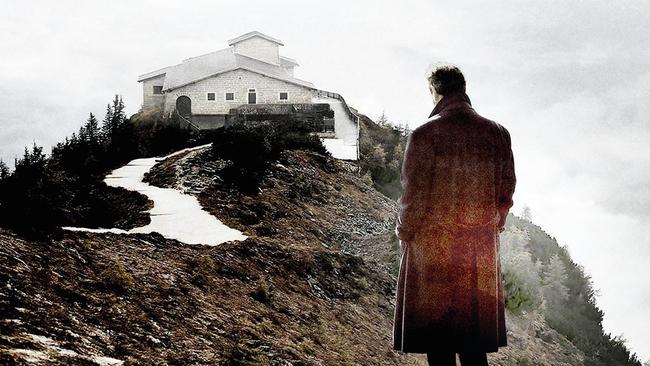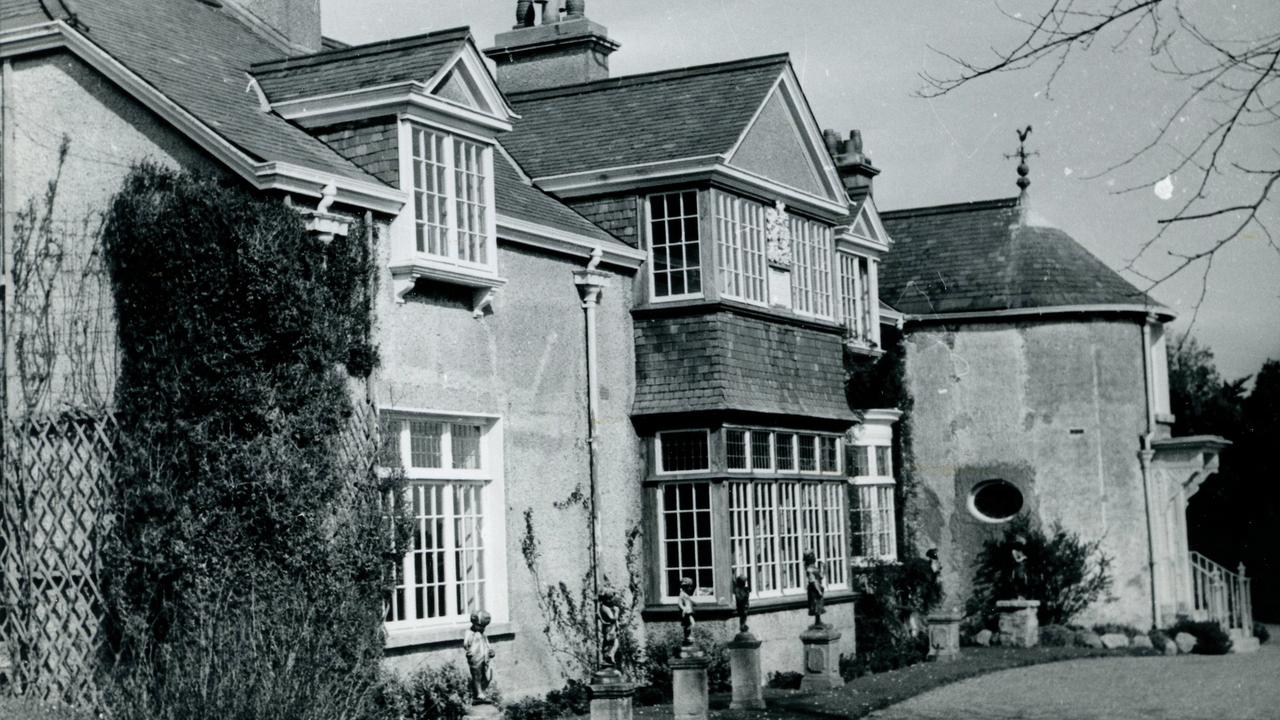Crime novels from Philip Kerr and Jo Nesbo bring brilliant cops back
Each is a middle-aged detective; each is a finger short. And relations with colleagues and loved ones are vexed.

Each is a middle-aged detective; each is a finger short because of a past act of brutality. Their relations with colleagues are vexed; with loved ones, precarious or finished.
Philip Kerr’s Bernie Gunther is on his 12th outing in Prussian Blue, in a series that began in 1989 with March Violets, where the background was the 1936 Berlin Olympics. Gunther’s adventures span the early 1930s to the mid-50s, although part of his backstory is a narrow escape from an Australian sniper in World War I.
He has been a Berlin cop, a Social Democrat, scornfully and recklessly anti-Nazi before being forced into the SS at the direction of Reinhard Heydrich. He survives a prisoner-of-war camp in Russia and duties at Dachau. After World War II his exploits take him to Argentina, where he meets the Perons and Josef Mengele, and to Havana before Fidel Castro’s takeover.
Evidently Kerr has had as much fun as his readers, because the British author keeps extending a series he had intended to conclude.
The Thirst is the 11th time around for Jo Nesbo’s Oslo homicide detective Harry Hole (‘‘Hoo-leh’’). The first — The Bat (1997) — saw him solving the murder of a Norwegian in, of all places, Australia.
Like many gifted, intuitive, exasperating fictional crime solvers, Hole is an alcoholic. Serial killers are a specialty forced upon him. They re-emerge from past cases, either never caught, escaped or released from prison.
The latest book ends with a menacing 75-year-old bent on destroying Harry’s fragile family, who has a hole (different pronunciation) in his hand by which to remember the detective. He will be back in the next instalment.
Harry has survived addiction and a spell working for the triads in Hong Kong. Now he has been recalled from a sedate job lecturing at the police college to snare a blood-drinking maniac. Later this year he will also have to weather Michael Fassbender’s impersonation of him in the film of the 2007 novel The Snowman.
Both Prussian Blue and The Thirst are long novels that move swiftly. In Nesbo’s, we find ourselves in the Jealousy Bar, where a hapless man tries to pick up a lawyer through a Tinder date, while another — in cowboy boots — watches. The boots take us back to an unapprehended foe of Hole’s, Valentin Gjersten, who has a tattoo of a snarling devil on his torso and who has escaped from prison.
For three years ‘‘he had hidden from the policeman with murder in his eyes’’. Now he is back, leading us through bars and Turkish baths, into locked apartments to which no ingress ought to have been possible. He bites victims with a set of iron teeth, mildly and madly reflecting: ‘‘What could be more pleasant, more rational and more normal than feeling thirsty?’’
Hole has been blackmailed into tracking him down by corrupt, adulterous and politically ambitious police chief Mikael Bellman, who lost an eye in Police (2013) and now sports a dashing patch. When Hole appears at the second murder scene, a young officer says, ‘‘I thought he was a myth.’’ But he is back, with his ‘‘dour, almost frightening charisma’’, in the service of his mistress ‘‘murder’’ and not the other, ‘‘alcohol’’.
Nesbo blocks in ample complications. Hole inducts an apparently reluctant psychiatrist and expert on vampirism, Hallstein Smith, into his investigative team. He uses, and is used by, the brilliant police recruit Anders Wyller. His boss Katrine Bratt, familiar from earlier novels, has a sexual life as dangerous as those of Valentin’s victims.
Behind the nominal killer — at one and two removes — stand his controllers. The plot develops with a satisfying set of misapprehensions and then awakenings.
Nesbo’s Hole novels acquit themselves very well as police procedurals, but their essence is elsewhere. These are horror stories of unquenchable, scarcely explicable malevolence. For every shocking crime that Hole solves, another is waiting for him.
In October 1956, Bernie Gunther is working again as a hotel detective, this time on the Riviera. There Erich Mielke (soon to become head of the Stasi, the East German secret police, and one of a number of real historical figures in the book) comes calling with some of his goons. They intend that Gunther tie up some lethal loose ends left from his previous appearance in The Other Side of Silence (2016), in which Somerset Maugham had a cameo.
As usual, Gunther jokes on the edge of his doom, asking Mielke: ‘‘When is the communist government going to dissolve the people and elect another?’’ One of the Stasi men is Friedrich Korsch, with whom Gunther worked in the 30s. Thus Kerr leads us back to April 1939, when Hitler’s private secretary, Martin Bormann, asks Heydrich for his best detective to solve a murder at the Fuhrer’s Bavarian retreat, the Berghof. Gunther takes Korsch with him to a place of crazy luxury in the mountains, where rivalry among Nazi leaders festers as they gather for Hitler’s birthday. Kerr expertly interweaves the separate narrative strands.
As with Hole, Gunther’s detective work is impeccable, at once imaginative and methodical, but he is much hampered by the cover-ups and impediments put in his way by Bormann and others. In 1939 and — fatefully — again in 1956, long and crooked trails lead Gunther to the Schlossberg Caves in the nondescript town of Homburg. There ‘‘darkness enveloped me as if I’d been swallowed by a whale’’.
Twice he is both the tracker and the tracked. Kerr’s triumph throughout the series is in the creation and management of Gunther’s voice, whose complex notes mix idealism with cynicism and hope with the expectation of disappointment, together with a caustic analysis of politics. His fan club wonders whether Russell Crowe would be the right choice to play him once Bernie gets to the screen. For the time being we can be thankful that neither he, nor Harry Hole, looks primed for retirement.
Peter Pierce is a writer and critic.
Prussian Blue
By Philip Kerr
Quercus, 560pp, $32.99
The Thirst
By Jo Nesbo
Harvill Secker, 528pp, $32.99


